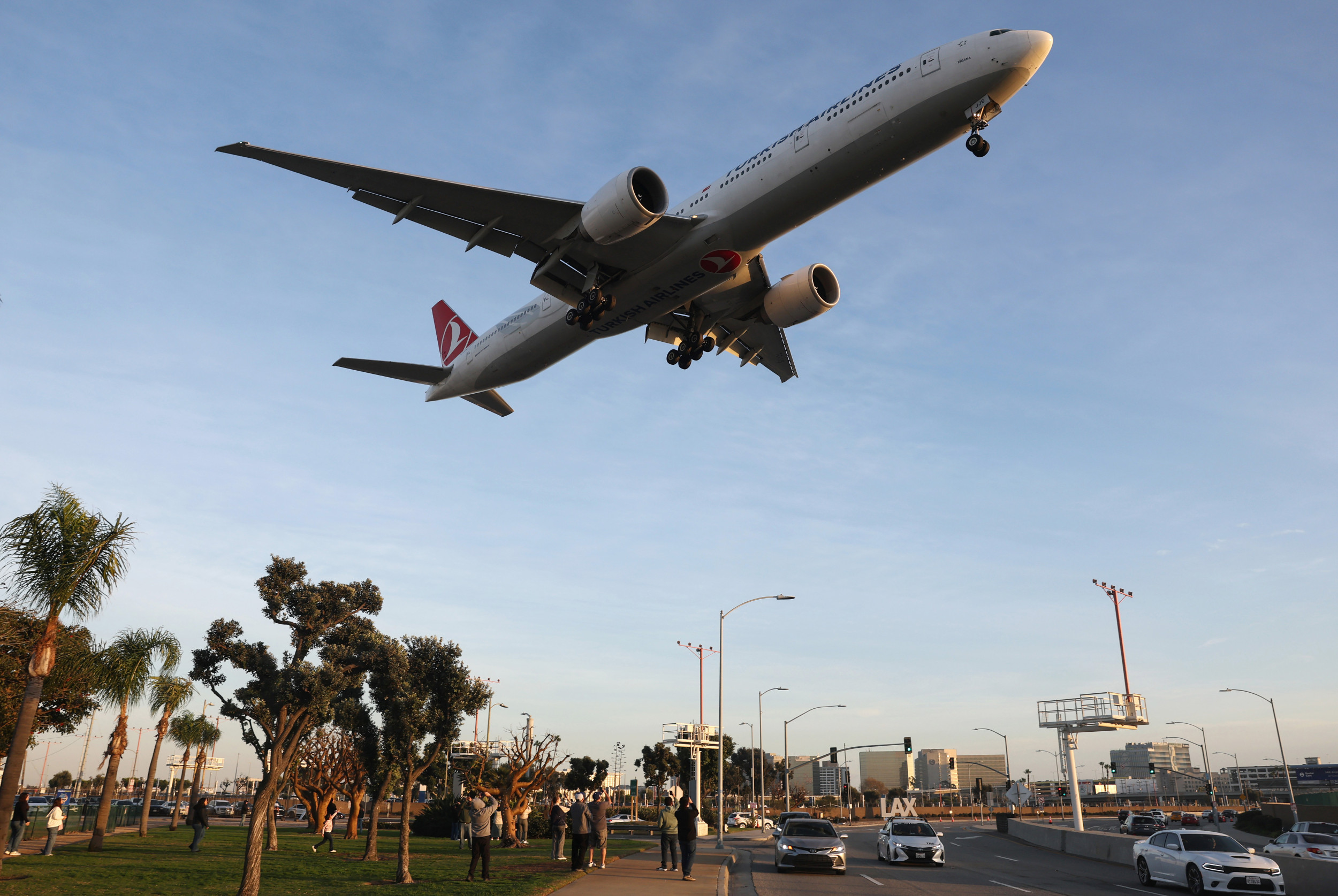North Korea may soon detonate a nuclear warhead, South Korean defense officials say, in a contentious foreign policy challenge for the incoming administration of President-elect Donald Trump.
During his first term, Trump met twice with Kim Jong Un in an effort to persuade the North Korean leader to wind down his nuclear weapons program. Although the two leaders signed a joint statement pledging to work toward denuclearization of the Korean Peninsula—and Trump became the first U.S. president to step into North Korean territory—the talks failed to yield concrete results.
According to a report in South Korean media outlet Dong-a Ilbo on Wednesday, the country's Joint Chiefs of Staff say North Korea may soon carry out a nuclear test, likely using the Hwasong-31, a tactical warhead introduced last year.
Images released at the time showed Kim inspecting the munition, estimated to be 460 millimeters in diameter, smaller than its 600mm predecessors, according to analysis by the Open Nuclear Network (ONN), a research organization specializing in nuclear risk reduction.

"If North Korea completes the miniaturization and standardization of its nuclear warhead through a nuclear test, the threat of a surprise nuclear strike will increase dramatically," Dong-a Ilbo quoted a South Korean government official as saying.
The Hwasong-31's smaller size would enable it to be mounted on at least seven different types of missile, including the Hwasong-11Ga (KN-23) solid-fuel short-range missile, which can be launched from anywhere in the country using a transporter-erector launcher, ONN said in its report.
Newsweek reached out to the North Korean embassy in China and the U.S. Department of Defense with written requests for comment.
South Korea's top spy agency predicted in September that Pyongyang might conduct its seventh nuclear test after the U.S. presidential election.
The last test in 2017 resulted in a deadly magnitude 6.3 earthquake that killed scores of people according to some reports, including schoolchildren crushed when part of their school collapsed, South Korean media reported.
In recent weeks, South Korea and Western countries have become particularly concerned over Kim's United Nations-sanctioned missile and nuclear programs, with fears Moscow could be providing Pyongyang with technological expertise in exchange for the thousands of North Korean troops that have now reportedly joined Russia's war against Ukraine.
"Through Moscow's assistance, North Korea has advanced its artillery and missile capabilities," President Volodymyr Zelensky posted on X (formerly Twitter) on November 2. "Now, they are learning the tactics of modern warfare. Thousands of North Korean soldiers are already near Ukraine's borders, preparing to fight. And the world is still watching."
Last week, Pyongyang launched a new intercontinental missile, the Hwasong-19, drawing swift criticism from Washington, Seoul, Tokyo and the U.N. The North then fired multiple shorter-range missiles over the Sea of Japan, also known as the East Sea, just hours before Americans headed to the polls on Tuesday.
North Korea has accused the U.S. and South Korea of provoking its nuclear program through frequent joint military exercises and closer cooperation with Japan and other allies.
"The line of bolstering up the self-defensive nuclear deterrent, being pursued by the Democratic People's Republic of Korea, is the most correct, one and only choice made by it in the current situation, and we will never vacillate in that way," Kim Jong Un's influential sister, Kim Yo Jong, said in a November 5 statement carried by the state-run Korean Central News Agency.
During his talks with South Korean counterpart Kim Yong-hyun in Washington last week, U.S. Defense Secretary Lloyd Austin reaffirmed the U.S. commitment to Seoul's defense and said any nuclear attack by North Korea would "end in the annihilation of the Kim regime."




















 English (US) ·
English (US) ·